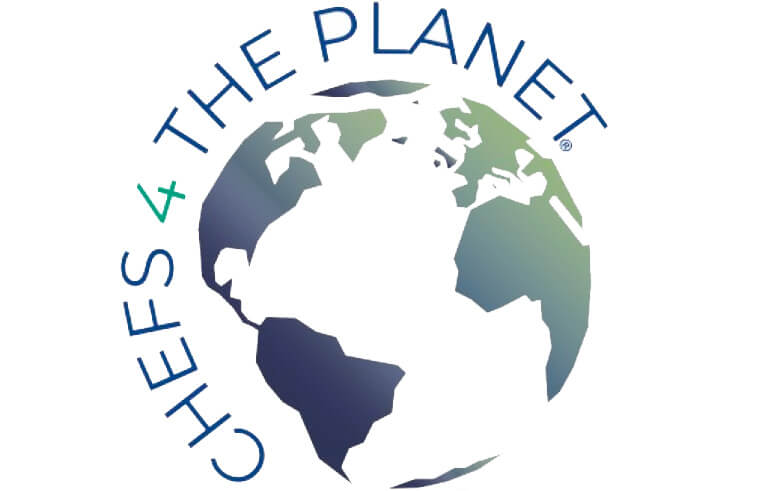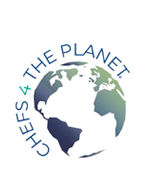Sue Pritchard: The defeat of the agriculture bill is a blow to the many who believe Britain could lead the world in sustainable farming
In a world of polarised debates, there is a broad, non-partisan consensus on the issue of trade and standards. So it was disappointing – even if predictable – that the government whipped against amendments to protect UK food standards in the agriculture bill, which returned to the House of Commons this week. The key amendment was defeated last night by 332 votes to 279. Curiously, many Tory shire MPs voted against the expressed concerns of their farming constituencies, while Ed Davey and Keir Starmer donned their wellies and backed British farming. Farming minister Victoria Prentis argued that the amendments were not needed, since the government had already promised to uphold UK standards in future trade deals.
Although they lost the Commons vote, credit should go to the combined efforts of the campaigning organisations – from the National Farmers’ Union, CLA and Tenant Farmers Association, to Green Alliance, RSPB, Wildlife Trusts, Which?, Sustain, WWF and many more – that have shifted farming standards and trade debates to the front pages of the tabloids. Leavers and remainers have come together, with Prue Leith supporting Jamie Oliver’s spirited #saveourstandards campaign, connecting children’s health and the future of small farmers. Campaigners have focused on chlorine-washed chicken, hormone-fed beef or ractopamine-dosed pigs, all features of US industrial production systems that we know are bad for people and planet. But it goes much further than this.
Let’s be clear: trade is a good thing. It gives us choices and flexibility. It builds reciprocal relationships between countries, for a more stable and secure world. We can import what we don’t produce at home; countries can specialise in those things that grow better in their climate or conditions; and we can offset risk, if our own production fails – a point relevant for UK wheat markets, after floods and droughts over the last 12 months affected our own production. But it also has downsides. The kind of buccaneering free trade anticipated by the likes of Liz Truss is about handing over more power to the markets to drive down costs, producing cheaper goods and a greater range of options. This might be great for certain businesses and those that invest in them. But when the cost of production falls too low, someone, somewhere, pays.
Some of the most talked-about television programmes in the last few years have been those that reveal to us the true cost of the way our global economy works. When David Attenborough shows us the heart-wrenching images of fields of plastic waste suffocating turtle breeding grounds, orangutans fending off bulldozers as their rainforest homes are destroyed for palm oil production, live pigs bulldozed into burial pits because disease has swept through their intensive housing, and people with chronic diet-related health conditions dying because of coronavirus, we see the results of markets that have prioritised profit over the health of people and the planet – and the trading environment that enables this to happen.
Read the rest here: https://www.theguardian.com/commentisfree/2020/oct/14/invisible-hand-market-food-fields-agriculture-bill-farming


